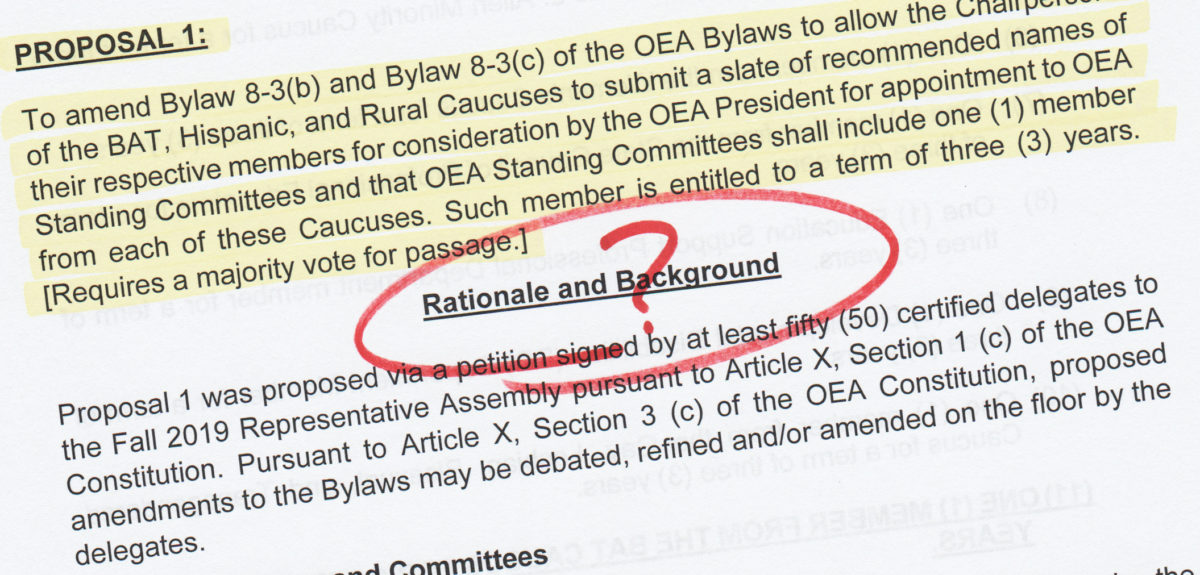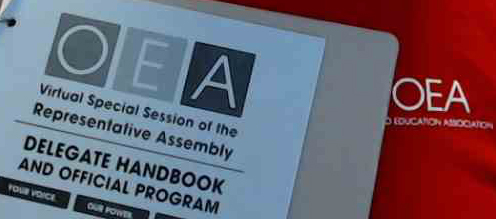
POP has a self-perpetuating closed governance structure in which the members’ only role is to fund the corporation.
Author’s conclusion
This post will be of interest primarily to Ohio public employees, particularly those who are retired. Approximately a quarter of American public employees–Ohio’s among them–participate in public retirement systems separate from Social Security.
I am pretty good at keeping up with email, but I tend to get behind on postal mail. Just last weekend I opened a mailing that I received, probably weeks ago, from Protect Ohio Pensions, Inc. If you’re one of the thousands of Ohio retirees who got their mailing, perhaps you’ll want to read what follows.
Continue reading “A Parliamentarian Looks at POP”

